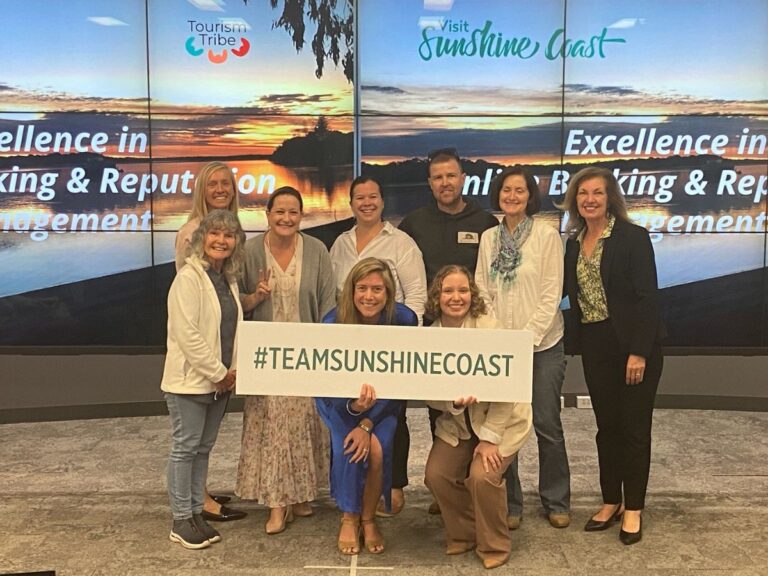
Visit Sunshine Coast SHINE Digital Transformation Program – Tourism Tribe Training
Shining a spotlight on tourism businesses committed to digital upskilling in an increasingly digitised world through our successful Tourism Tribe Training Program
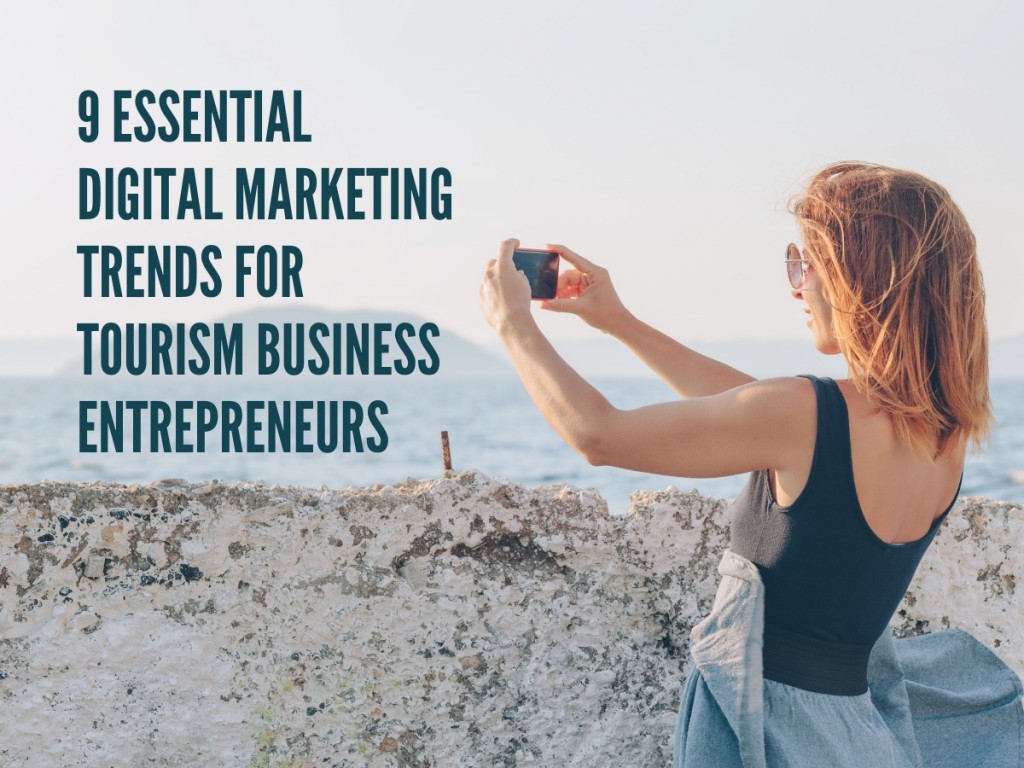
Whilst there is very little in life that is guaranteed for tourism business entrepreneurs, one thing that is certain is that technology is going to continue to develop at an increasing rate and will continue to change our world and how we operate our businesses.
Whilst computing capacity continues to increase, more and more data is available to businesses and consumers are adopting new technology at a faster rate, creating endless opportunities for tourism businesses. When digital marketing opportunities are applied properly to suit the business, the benefits can be significant and underpin growth and sustainability strategies to ensure the business and destination can survive and thrive through the next wave of marketplace change.
There has never been a more exciting time for entrepreneurial tourism businesses as they have so many opportunities to improve their customer’s experience and having a commitment to constantly improve customer experience is a hallmark of being an entrepreneur.
Following are Tourism Tribe’s essential nine tips for getting on that digital surfboard and riding today’s technology wave.
People are valuing experiences more highly than material things and especially when it comes to travel. Millennials have led this trend and the latest research into the seniors market also shows how over 55’s are putting dollars on the table to have immersive holiday experiences.
People are seeking holidays that create meaningful interactions with people and cultures, new learnings, happiness, fulfilment and lasting memories. And social media is exposing those holiday experiences in action, through images and video, with travellers sharing experiences and telling their story about your region and your business.
Evolving search engine algorithms empower consumers to search holiday options based on special interests, experiences they are seeking or travel party requirements, so you need to tell your story. Don’t just say what you offer – tell your audience the why, what, who and how – the history, the behind the scenes, the unique experiences of your region, the culture, the fauna, the flora, the food.
Travel and storytelling go hand in glove making travel the perfect industry for storytelling – and videos, podcasts, blog posts, images and social media are available to all business as perfect tools to tell their unique story.
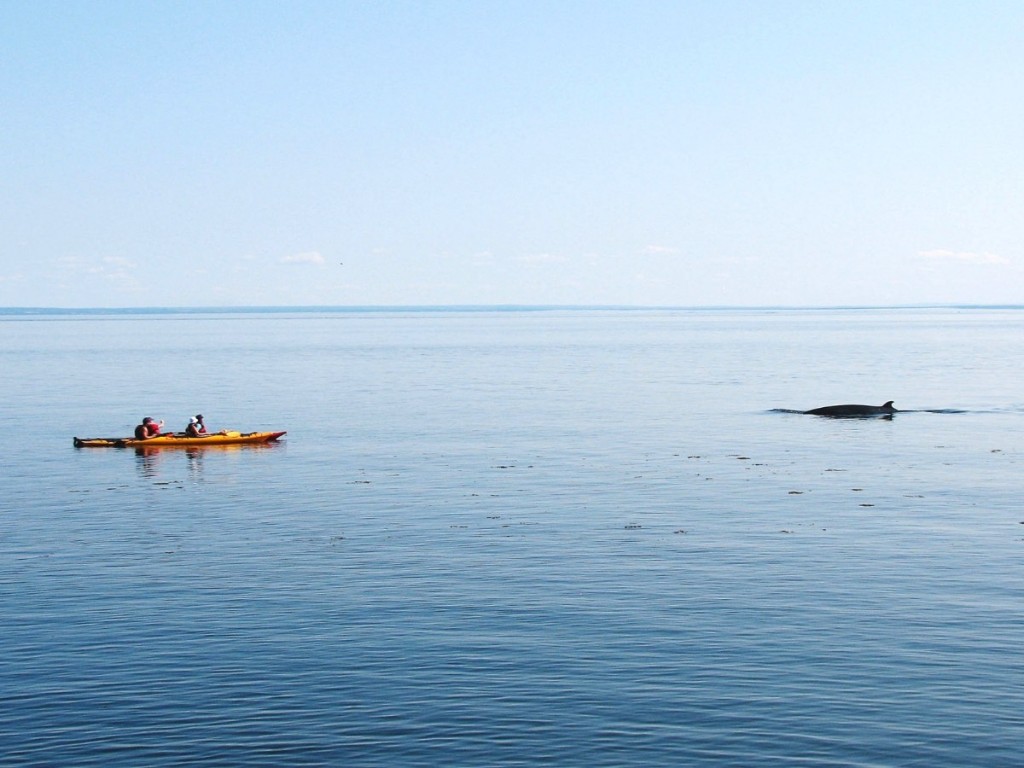
The internet has changed the way consumers expect to be treated. They have become accustomed to being treated as individuals as search and social media algorithms have evolved to present individualised search results and news feeds. To operate in a relevant way in the current marketplace we need to shift our mindset to a one-to-one relationship online, especially when it comes to interacting as a business on social media. We should not treat social media as a platform to sell to customers, but see Facebook and Instagram each as a platform to connect and engage with one person, our ideal guest, on their terms, offering them content that interests them.
You need to gear your marketing strategy to market to an individual – your ideal guest “persona” – not to a group of customers. You might have several guest personas depending on your business. Learn as much as you can about each one to make them “real” and every piece of content you create and share on social media or through a blog post needs to be tailored specifically to a persona.
Always create content that connects with your ideal guest, inspires them and is useful to them. You can learn about your ideal guests through their content and social media, through your online analytics, as well as talking to them of course!
Guest content trumps business content in today’s marketing environment with more than two-thirds of your marketing being done by your guests and user-generated content (UGC) is one of the most compelling trends in marketing and is key in order for brands to convey authenticity. Guest content is authentic with real people sharing their experiences and this includes guest reviews, social media content and influencer blogs and social content.
Approximately 90 per cent of people trust peer content over what you say about your business and one in four people ignore online adverts so we are seeing rapid growth in UGC.
TripAdvisor is the largest travel website in the world and its new personalised user interface allows users to post images and create their own ‘trips’. This new functionality is going to generate an enormous amount of UGC and be very influential on travellers.
To align your marketing strategy with this significant market trend, you must blend your own, quality, branded content with guest content for the best effect and identify ways to encourage more guest reviews, social media content and understand how to work with influencers.
You can learn more about how to integrate guest content into your strategy from Tourism Tribe’s immersion training on guest content.
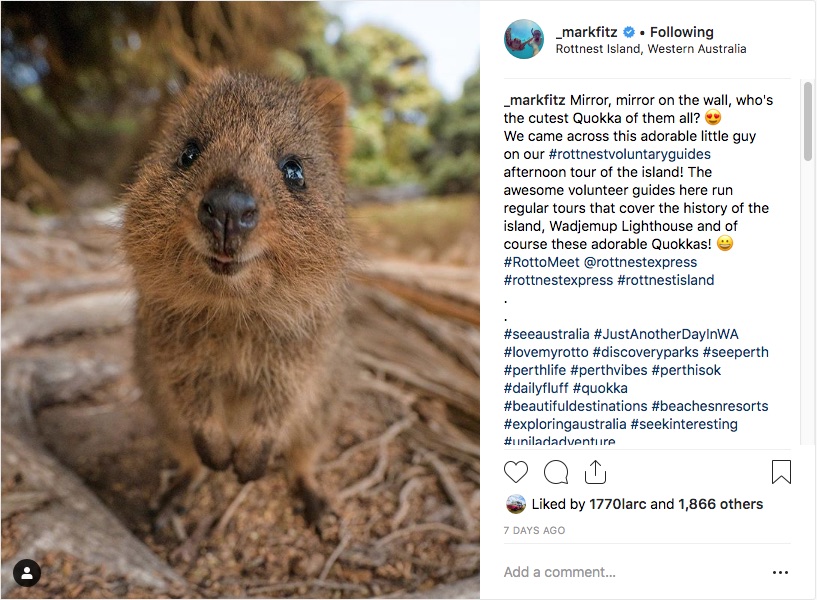
The amount of video online is growing at an exponential rate and video content is ideal for storytelling as it so engaging and aids information retention. We are being encouraged by the primary social platforms to create and post original video content and Social video generates on average 12 times more shares than text and images combined.
Video must be part of your marketing strategy today, both professional video on your website and branded YouTube channel, and also quality, amateur (authentic) video for social media.
Facebook (FB) and Instagram are taking on YouTube for market share! Businesses have more than just FB and Instagram pre-recorded video to work with, there’s also FB Live and Instagram Live, FB Premiere and IGTV, a standalone video application owned by Instagram, allowing users to upload videos up to 10 minutes in length (basic accounts). Instagram Stories are also a form of video and they are engaging and entertaining. Access the Instagram Stories tutorial here and the Instagram Stories training webinar here.
To utilise the power of video for storytelling and creating an emotional connection with ideal guests, but remember to use your unique selling proposition and content themes to guide topics and stay on brand.
Podcasting has become the fastest-growing, on-demand audio medium with 3.5 million Australian listeners aged 16 to 64.
From interviews with interesting characters to fascinating “tours” of historic landmarks, the power of the human voice is attracting people to tune in creating a massive opportunity for storytelling for tourism businesses and destinations.
Think about what stories you could tell via podcasts that are going to engage and educate your target audience.
You could collaborate with other tourism operators in your region to create podcasts about your area. Consider trend 1 – experiences – take listeners on a journey of all the different experiences in your region (one experience per podcast). Create a series of podcasts!

Due to competition online from other businesses and destinations and advancements in search and social media algorithms we are seeing an increasing number of tourism businesses investing in search engine marketing (Google Ads) as well as Facebook and Instagram advertising, because they believe they need to pay for eyeballs. This is a good strategy providing you have the right strategy behind the investment.
In most cases the advertising objective is to drive traffic to your website to capture direct business. To optimise this opportunity there is much you need to have in place before doing paid advertising, including a quality online presence and high levels of satisfaction by your ideal guests and customers when they visit your website. You also need to be clear about your objectives for advertising, have Google Analytics capabilities in your business and have tracking and ecommerce set up on Google Analytics so you can measure your return on investment. Also landing pages on your website from the advertising need to be optimised, because if you can achieve getting the user to visit your website you need to have the right content and functionality in front of them to increase the chances of them doing what you what them to eg purchase your package or sign up for your specials emails.
Given the evolution of social media algorithms making it more difficult to reach your ideal audience, social media advertising is also a viable strategy. However, it is vitally important that you get your organic social media foundations to a quality standard first.
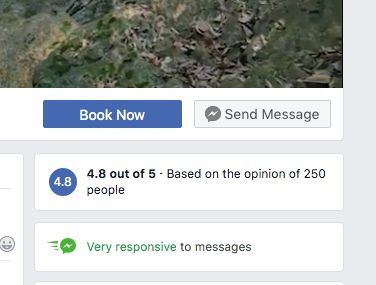
Facebook’s messaging or ‘online chat’ function is a useful and simple tool to set up and is a golden opportunity for your business.
There is a massive trend towards people preferring online chat to phoning, with more than 1bn Facebook messages a month from consumers to businesses; and 53 per cent of people say they are more likely to shop with a business they can contact via a chat app.
Make sure you have Messaging turned on for your Facebook Page. You can also create popular questions to prompt engagement.
You can also add the Facebook messaging widget to your website quickly and easily and set it up to encourage engagement. Simply go to Messaging Platform in your Settings on your Facebook page to copy the widget code and add it to your website.
Online chat, like you’ll see on the Tourism Tribe website, is a useful tool for understanding your customers’ questions and needs and best of all, when you make a chat app available you are connecting with your ideal guests on their terms.
This is not the future, it’s now and the price is coming down, making extended reality media much more affordable than it was as an emerging technology. There are two main forms of extended reality media – augmented reality and virtual reality – and both are tools to create experiences in the digital space.
AR (augmented reality) requires a screen to view and the screen becomes your world – so your “world” gets an overlay of information that is triggered by what you are looking at. It often is deployed as an app on your phone, making it widely accessible. AR is ideal for helping visitors gain deeper insight into a destination through self-guided touring and whilst exploring an area as they can interact with content overlayed on what they are looking at through their phone’s camera, providing them with historical information, audio, discount coupons etc…the options are endless.
In VR (virtual reality), you need equipment that covers your eyes and projects a new world creating a highly personalised experience where your senses and emotions are stimulated. There are many case studies now of the impact of VR on people to engage and convert them to purchase holiday experiences and the information retention that comes from VR is high. The opportunities for travel agent training and way-finding are plentiful. Check out more info here with Digital Frontier.
There is so much freely available data available to businesses today to assist them to evaluate their return on investment and to support their decision making. Whilst big data is increasingly being used for evidence-based decision making and targeted marketing, there is no excuse for all businesses, big and small, not to measure and analyse their business performance.
With growing investment and time being spent on digital marketing in tourism businesses we are observing more operators wanting to gain the skills to be able to determine the value of marketing to their business, so they know what return they are getting on their money and time, what’s working and what’s not and to make decisions on that basis.
Google Analytics and your sales data are free and valuable sources of data that you can report on and analyse, so you need to learn the capabilities of Google Analytics, set up e-commerce and tracking and measure website visitor movements and conversion.

If you’re serious about growing your tourism business and collaborating to make your destination’s tourism economy stronger and more sustainable, then you need to be addressing each of these opportunities. Your marketing strategy must recognise constantly changing travel and technology trends and your marketing plan will rely on quality content that is relevant to your ideal guest personas.
Connecting with your customers on a personalised level using technology and content that is right for them is fundamental to your success in marketing and being able to measure your online business and marketing to inform your marketing activity plan is essential.
Look for opportunities to collaborate on content like podcasting and extended reality apps and what experiences or itineraries could you create in partnership with other tourism businesses? The most entrepreneurial destinations are collaborative and have a nimble strategy that is constantly seeking to improve customer experience.
If you would like to know more about any of these trends and tactics contact the team on help@tourismtribe.com or check out Tourism Tribe’s training calendar as many of these topics have been covered by previous online training sessions or will be coming up soon.


Shining a spotlight on tourism businesses committed to digital upskilling in an increasingly digitised world through our successful Tourism Tribe Training Program
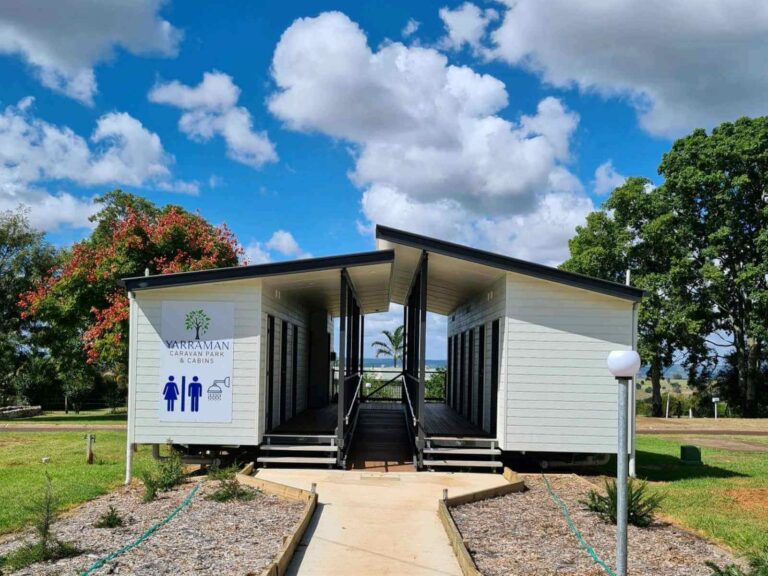
Discover the path to small business success through Tania’s inspiring journey at Yarraman Caravan Parks & Cabins and gain valuable insights from her expert advice.

In today’s digital world, the power of online accessibility is one of the most understated search engine optimisation (SEO) strategies, and here you will find